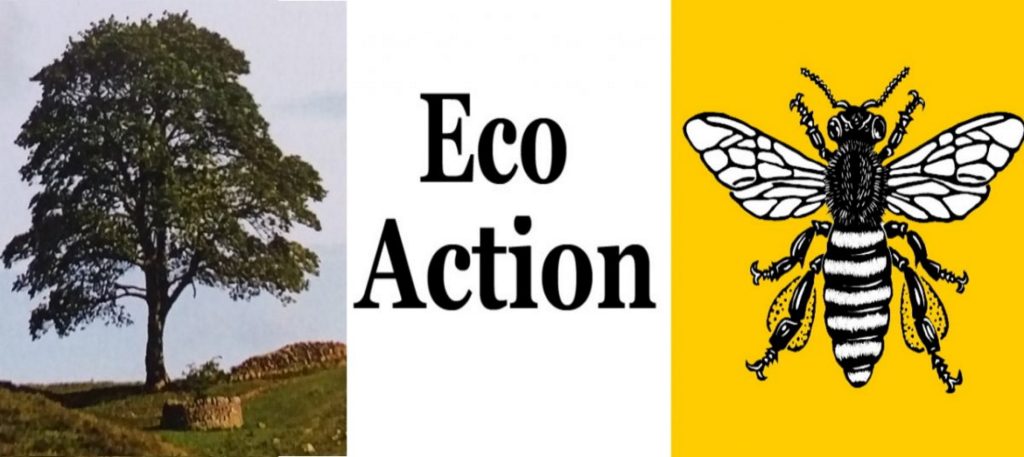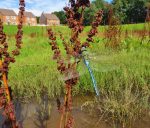ALMOST exactly a year ago XR wrote a piece about food and farming for this column now published at – ourclimateconversation.uk/blogs/Food-Farming/ – promoting small local and community farms.
Not a lot has changed since – except that prices of everything have increased and we have suffered the second-worst harvest on record due to the high rainfall and one of the most devastating years for the decline of our pollinators. Since 2004 insect abundance has dropped by more than two thirds.
The UK food system has undergone years of intensification, industrialisation and increased use of pesticides and fertilisers in a rush to produce food whatever its environmental costs.
It is the biggest cause of biodiversity loss and one of the largest contributors to climate change. We face catastrophic consequences if things do not quickly change.
The UK has an environmentally destructive and very inefficient mode of agriculture in the UK which uses 85 per cent of available land (for grazing and feed) to produce meat and dairy that provide just a third of the calories and less than half of the protein we consume.
We have to reduce our meat-eating habit by switching our diets to eat more vegetables and pulses (beans and peas) that grow well in our climate.
This will improve our nutrition and gut microbiome so we are all healthier, and also free up a lot of land for nature and biodiversity enhancement.
We do, though, need to provide financial support so farmers can become climate and nature heroes, helping us store more carbon and protect biodiversity on their land by adopting regenerative methods, whilst also feeding the nation.
Then there is the issue of food waste at each stage in the process from farm to plate.
Each day in the UK an estimated 19million meals of edible food never makes it off the farm even. A third of all food produced is wasted through the supply chain and this has an enormous impact on the environment.
I am happy to eat ‘wonky’ vegetables and fresh produce surplus to supermarket requirements that can be purchased (for a donation) from NewStarts on Thursday afternoons.
Last September I visited the famous Long Table in Brimscombe Mill, Stroud, which provides nutritious food on a ‘pay what you can afford’ basis.
They source the ingredients from local farms – there is enormous potential for such community restaurants and they could usher in a new age of enjoyable social eating and community renewal.
Visit: [email protected] for more.
Article by Chris Cooke from Bromsgrove Extinction Rebellion.












